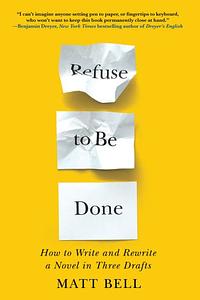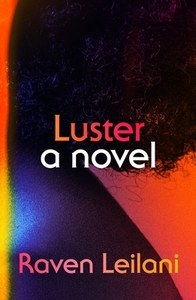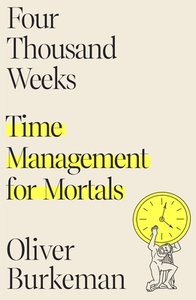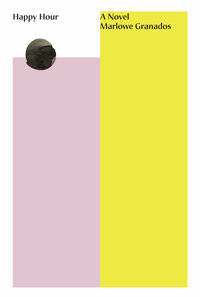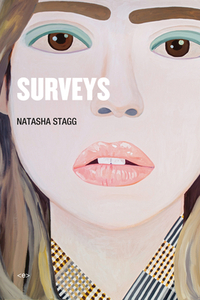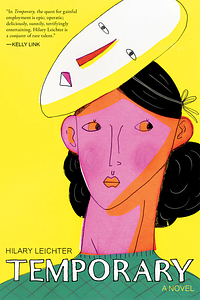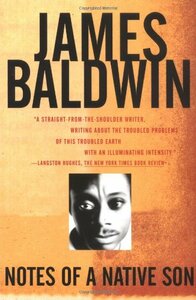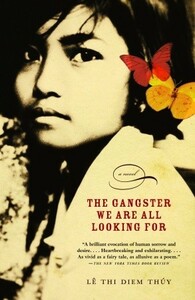You need to sign in or sign up before continuing.
Take a photo of a barcode or cover
torchlab's Reviews (135)
What a strange, befuddling, delightful book. Reading this felt like finding a map that connected all these literary and artistic movements I’d known about individually (e.g. Oulipo, Theatre of the Absurd, microfiction, even alt-lit to an extent) but had never thought of before as descending from a common lineage. I love how many of Kharms’ stories end with an abrupt turn, or a refusal to continue the tale—it’s like the literary equivalent of a Looney Tunes character running straight into a brick wall. Also loved Matvei Yankelevich’s excellent introduction and notes, which provide a nuanced and careful look at the political context of Kharms’ work.
This book is so much smarter and weirder than the fact that they sell it at Target led me to believe.
This book is more than anything else a masterful bit of sleight-of-hand. You go into it thinking it’ll be a frothy, lighthearted romp through New York, and for the first quarter of the book or so it is unambiguously that. But as the summer draws on, darkness begins to encroach on the protagonists’ fun. You are reminded, subtly but unforgettably, that these two young women are undocumented, motherless, and poor. Their relentless pursuit of glamour and hedonism starts to seem desperate, at times harrowing, even as it is still thrilling and hilarious. That all of this is recounted in Marlowe Granados’s vivid, clever narration, with an equally incisive eye turned to the pleasure and the pain, turns this book into something far more complicated and heartbreaking than the youthful caper it might be otherwise easy to dismiss it as.
The first third of this book is a sharp if depressing portrait of what one could describe as Mall Life: not just because the main character Colleen works in a mall, but because the boundaries of her life as a whole seem hemmed-in and stale, the way that air and light inside a mall feel. Then all of a sudden, in the span of literally less than a page, Colleen becomes incredibly famous online. The details of how this fame occurs and what it entails are frustratingly scarce: we know that she makes blog posts, and that she cemented her fame via a relationship with a man named Jim, but we don't know what she blogs about, or what makes her particular blog so special, or what Jim did to become famous, or what kinds of content they post together. I've read reviews that say this vagueness is intentional on Natasha Stagg's part, to make a kind of statement about the hollowness and interchangeability of all internet fame. But to me it just vastly lowered the realism of the book. Without any specificity as to what Colleen and Jim do all day in their public life, we get instead chapter after chapter of these people—who are pretty boring in isolation—drinking in hotel rooms and arguing about nothing. I couldn't see anything special about these people despite the book's insistence that they were fabulously wealthy and beloved. Their fame felt arbitrary, like something Stagg just decided to throw in for intellectual excitement without thinking through how it manifest in the lives of these particular characters. Sure, it might all be a statement about how much it sucks to be an influencer, but it also kind of sucks to read after a while.
I feel like the way this book was marketed did not end up being accurate to the book it actually was LOL. I was expecting a sort of Sally Rooney-esque disaffected female narrator struggling against the soul-diminishing everyday realities of capitalism. Instead, I got a wry, dreamlike fable that evoked Kelly Link, Carmen Maria Machado, Aimee Bender, and Alexandra Kleeman. If you like any of those authors you should read this book.
Truly what is the point of writing anything about anything after Baldwin. If there's something worth writing about anything he has probably already written it in its best possible form. Maybe the single greatest 20th century American essayist.
The prose in this is just gorgeous—vivid, lyrical and exact. The author manages to pull off the impressive feat of writing from a child’s POV for nearly the entire book without ever coming across as false or cloying. Instead, she evokes the wonder and surreality of childhood experience, the way the boundary between the magical and the everyday is just that much more permeable.

